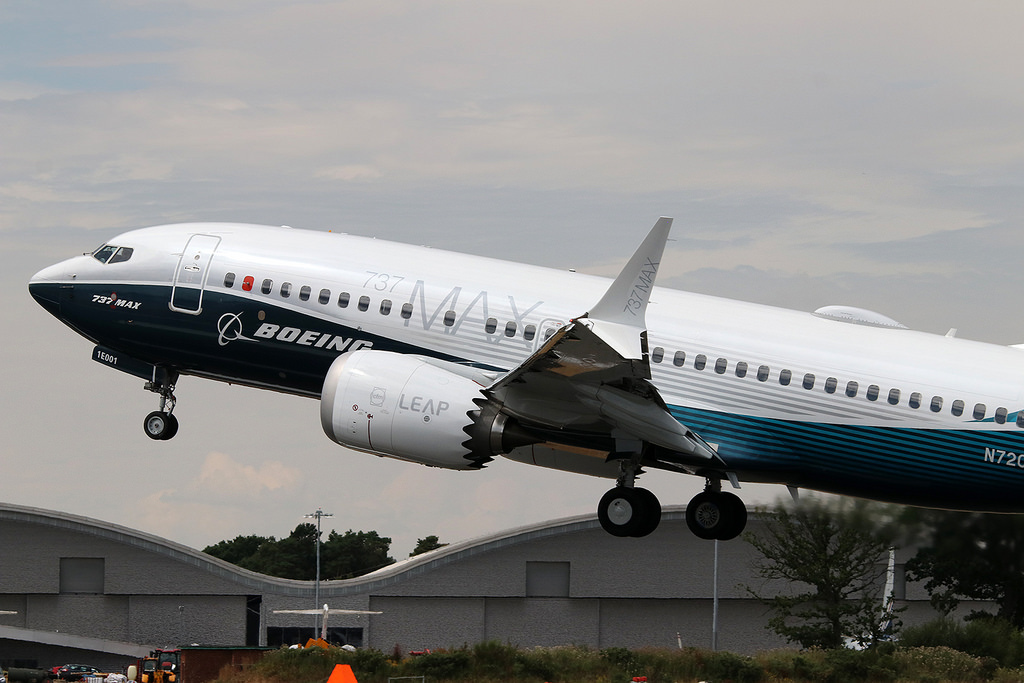Already a subscriber? Make sure to log into your account before viewing this content. You can access your account by hitting the “login” button on the top right corner. Still unable to see the content after signing in? Make sure your card on file is up-to-date.
The Justice Department has informed Boeing that it failed to comply with the 2021 deferred prosecution agreement designed to avoid criminal charges after two fatal 737 Max crashes. This notice raises the potential for Boeing to face criminal prosecution following a series of safety incidents, including a significant door plug failure on an Alaska Airlines flight earlier this year.
In a filing to US District Judge Reed O’Connor, who managed the initial agreement, the Department highlighted Boeing’s shortcomings in fulfilling its legal and safety obligations. The Justice Department said, “For failing to fulfill completely the terms of and obligations under the [deferred prosecution agreement], Boeing is subject to prosecution by the United States for any federal criminal violation of which the United States has knowledge.”

Despite these allegations, Boeing maintains that it has fulfilled its part of the agreement. The company expressed its intention to “engage with the Department with the utmost transparency” as it prepares its response due by June 13. This response will precede the Justice Department’s decision, expected by July 7, on how it will proceed with the prosecution.
This scrutiny is part of a broader review by the Justice Department following the door plug incident and other reported safety lapses at Boeing over the past years. Families of the victims from the 737 Max crashes have been vocal critics of the 2021 agreement, arguing it failed to deliver justice. They, along with their legal representatives, have been pushing for the termination of the agreement, especially after recent safety failures.
Paul Cassell, representing the victims’ families, welcomed the Justice Department’s recent moves as a “positive first step” towards accountability.






